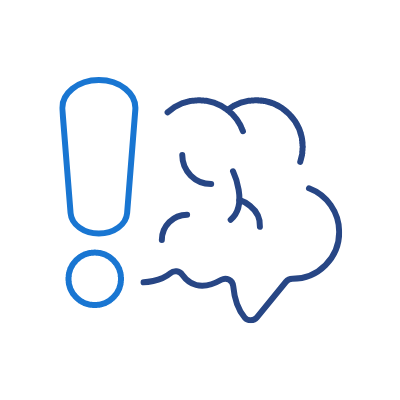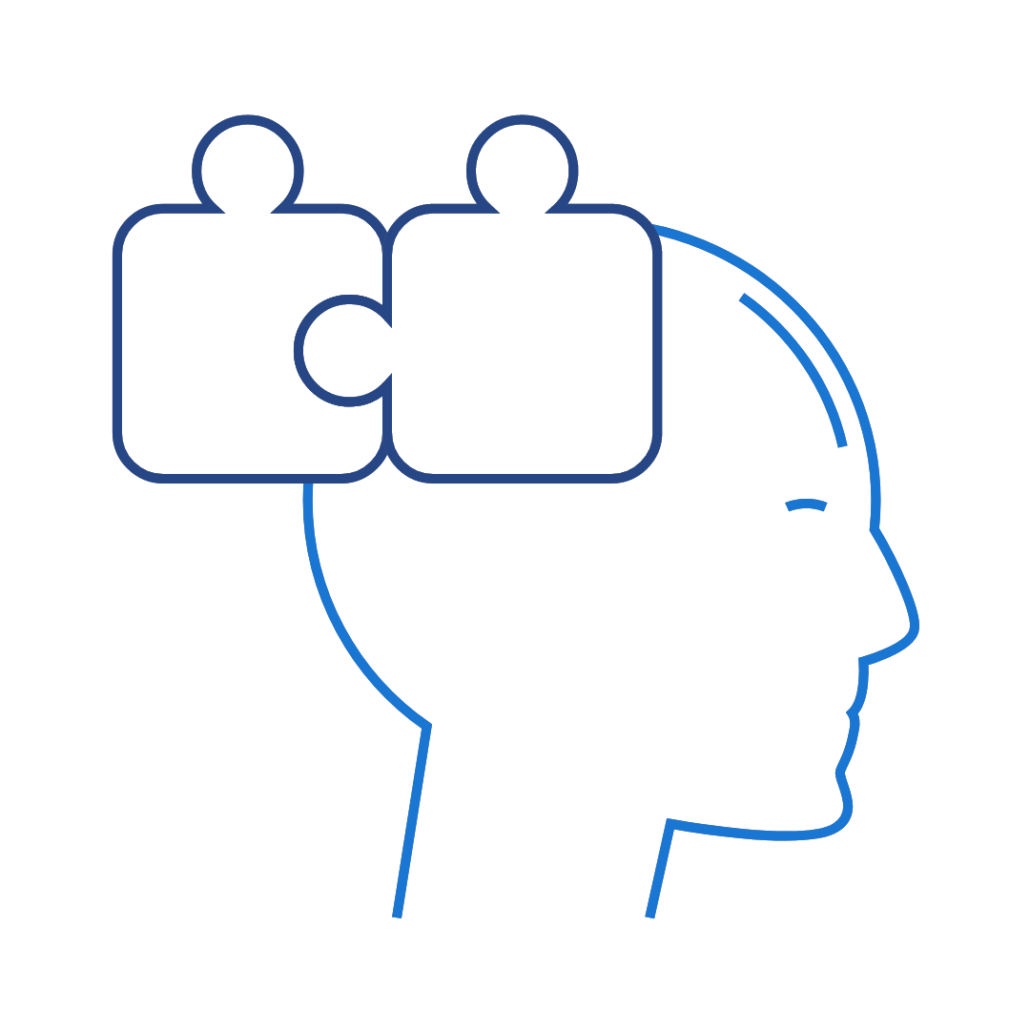Cyber Essentials Certification: A Commitment to Data Safety
At Social Care Alba, we pride ourselves on delivering high-quality care to individuals in the comfort of their own homes. In today’s increasingly digital world, this care extends beyond physical well-being to ensuring the safety and security of sensitive data. We are delighted to announce that we have recently achieved Cyber Essentials certification, a crucial milestone in our commitment to maintaining the highest standards of cyber security.

Why Cyber Security Matters in a Care Setting
As a care-at-home provider, we handle a vast amount of personal and medical information. From service user profiles to care plans, maintaining the confidentiality, integrity, and accessibility of this data is essential to ensuring the safety and trust of those we support. A strong cyber security framework is critical in protecting against online threats, unauthorised access, and potential data breaches that could compromise the privacy of our service users.
The Cyber Essentials certification is a UK government-backed scheme designed to help organisations protect themselves from a range of common cyber-attacks. By correctly implementing the five basic security controls, the scheme helps reduce the impact of threats such as Phishing attacks, Malware, Ransomware, Password-guessing attacks and Network attacks.
The five cyber security controls are:
- Firewalls: Establishing firewalls helps protect our network by monitoring incoming and outgoing traffic, ensuring that only trusted connections are allowed.
- Secure Configuration: This involves setting up systems in a secure manner, reducing vulnerabilities and ensuring that default settings are changed to enhance security.
- Access Control: Implementing strict access controls ensures that only authorised personnel can access sensitive data, minimising the risk of data breaches.
- Malware Protection: We employ robust malware protection measures to detect and prevent malicious software from compromising our systems.
- Security Update Management: Regularly updating our systems and software is crucial to address vulnerabilities and protect against emerging threats.
By meeting these standards, we have taken significant steps to safeguard our digital infrastructure, ensuring we are better protected against the growing threat of cyber crime.

What This Means for Our Service Users and Team
Achieving the Cyber Essentials certification demonstrates our proactive approach to cyber security. We have implemented robust measures to secure sensitive information while continuing to deliver the high-quality, person-centred care our service users rely on.
This achievement also highlights our commitment to staying ahead in an ever-evolving digital landscape. Our staff receive ongoing training to remain vigilant and aware of potential cyber risks, and we continuously review and update our systems to align with best-practice standards.

Safeguarding Data in the Digital Age
As we look to the future, we remain dedicated to using the latest technology to enhance the care we provide while keeping cyber security at the forefront of our operations. Our Cyber Essentials certification underlines our dedication to safeguarding the privacy and security of our service users’ data, ensuring that we are well-prepared to meet the challenges ahead.
For more information view our certification below:




















